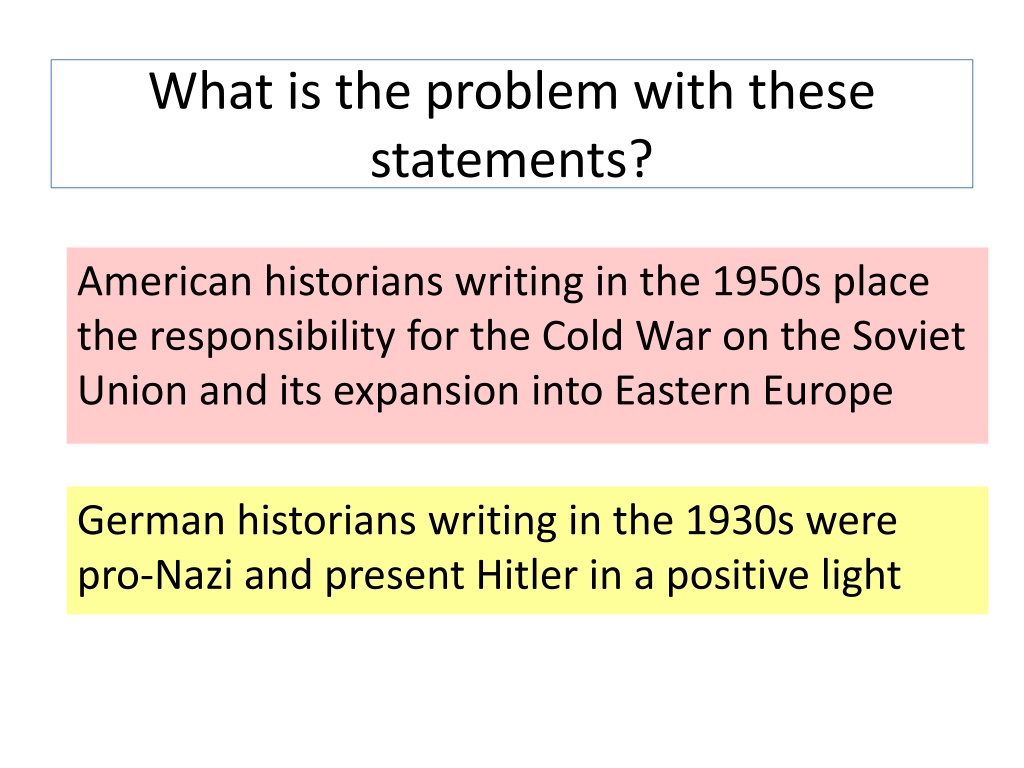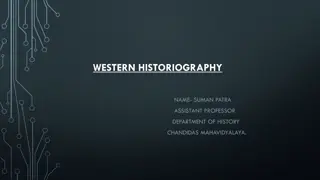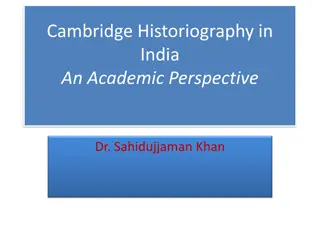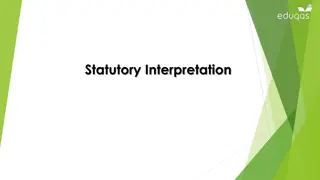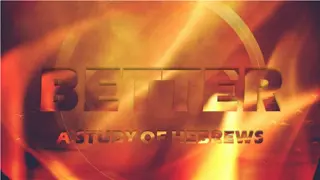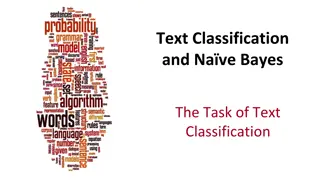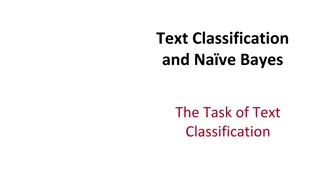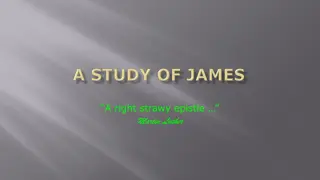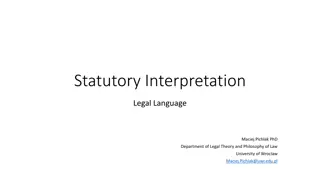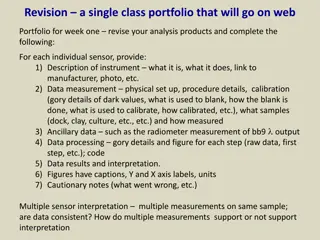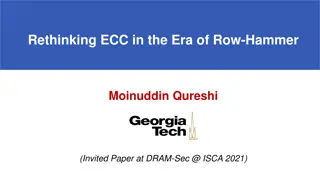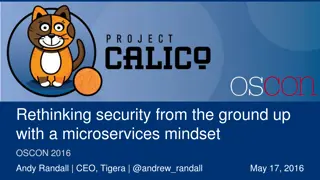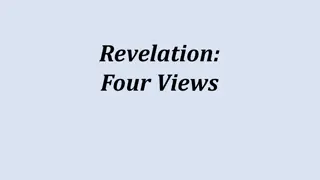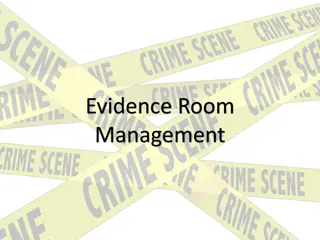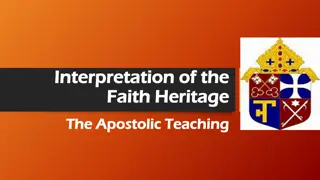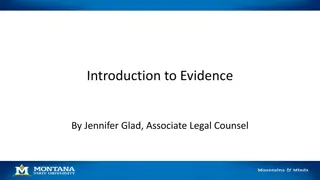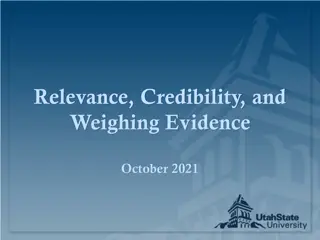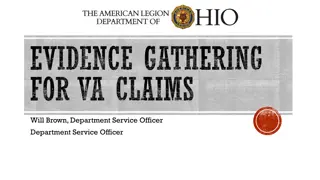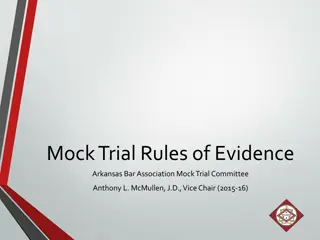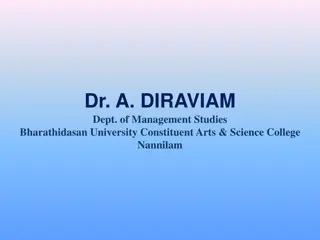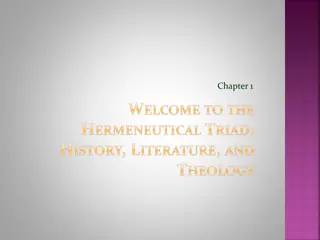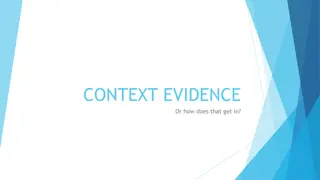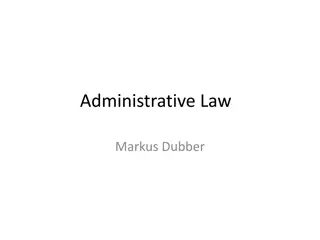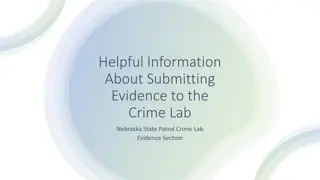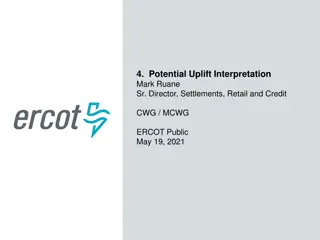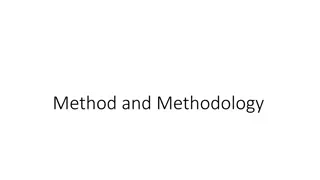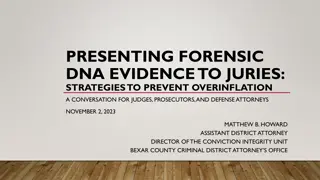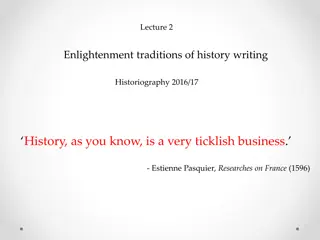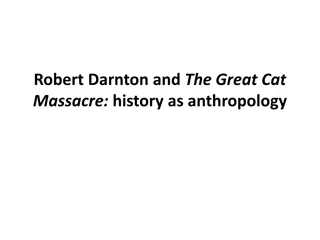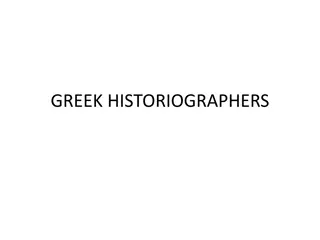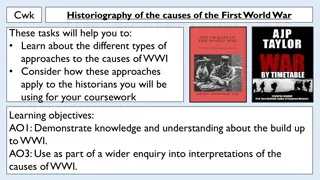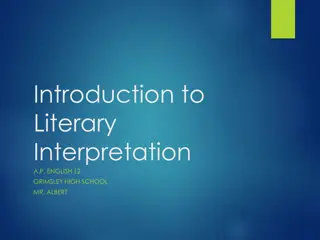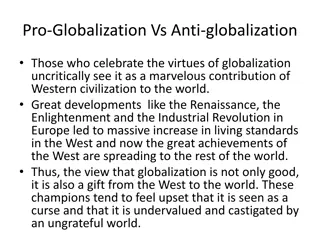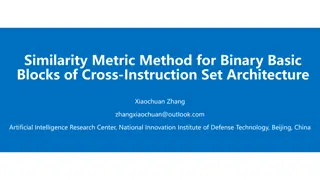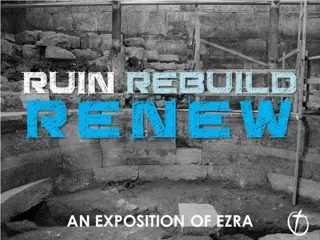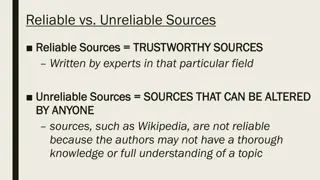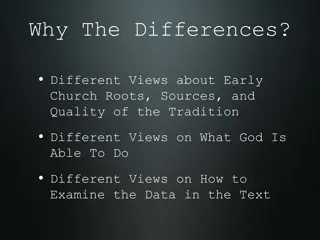Rethinking Historiography: Authorship, Evidence, and Interpretation
Examining the complexities of historical narratives, this content challenges simplistic analyses and emphasizes the importance of historian agency, evidence selection, and interpretation in shaping historical accounts.
Download Presentation

Please find below an Image/Link to download the presentation.
The content on the website is provided AS IS for your information and personal use only. It may not be sold, licensed, or shared on other websites without obtaining consent from the author. Download presentation by click this link. If you encounter any issues during the download, it is possible that the publisher has removed the file from their server.
E N D
Presentation Transcript
What is the problem with these statements? American historians writing in the 1950s place the responsibility for the Cold War on the Soviet Union and its expansion into Eastern Europe German historians writing in the 1930s were pro-Nazi and present Hitler in a positive light
Were ALL historians like this? Where has happened to the historian s AGENCY? American historians writing in the 1950s place the responsibility for the Cold War on the Soviet Union and its expansion into Eastern Europe German historians writing in the 1930s were pro-Nazi and present Hitler in a positive light
We need to move pupils away from simplistic analyses of interpretations which place too great an emphasis on who the author was, and not on the process by which his or her argument was constructed. Many students think too much about who historians are and not enough about the decisions that historians make. We need to avoid giving an impression of determinism or an epistemology of voice , and we need to restore a sense of agency to the historian in the process of writing his or her account. Chapman The relationship between a person s background and their approach to history is by no means direct and clear; there is no one interpretation which dominates any one era. Counsell Fordham Howells
Considering the historians use of evidence to construct his or her argument Pigeon-holing Historians AQA PROBLEM: ALL historians will have to be selective in their use of evidence. How can students comment upon the historian s choice of evidence without damning that historian s interpretation as erroneous , invalid , flawed , incorrect or downright wrong ? SOLUTION: Can new vocabulary help? Principles for using phrases borrowed from Carr: - Use cautious hedging - Split into starters and endings to comment upon opportunities and drawbacks provided by the historian s selection of evidence
E.H. Carr Quote Sentence Starters and Endings The most effective way to influence opinion is by the selection and arrangement of the appropriate facts. The historian appears to have arranged facts about X and Y into a picture of Z yet this arrangement is perhaps in danger of ignoring W. 'The facts speak only when the historian calls on them'. The historian seems to have called on X and Y to present his picture about Z yet his apparent silence about W means he is in peril of over/under emphasising V. He [the historian] decides which facts to give the floor, in what order or context . The historian appearsto have given the floor to X and Y yet this means that he risks pushing Z too far into the background. I have seen too many examples of extravagant interpretation riding roughshod over facts not to be impressed with the reality of this danger. The historian s argument about X therefore appears convincing yet it is also potentially a rather extravagant interpretation that risks riding roughshod over the facts of Y and Z. The past is intelligible to us only in the light of the present . The historian s selection of facts X and Y has led him to argue Z, and allows him to shed light on W yet potentially at the expense of leaving V in the dark. Facts are like fish swimming about in a vast and sometimes inaccessible ocean; and what the historian catches will depend, partly on chance, but mainly on what part of the ocean he chooses to fish in and what tackle he chooses to use. The historian s focus upon X makes Y seem to be the big fish in the history of Z yet, by leaving the facts of V and W outside of his net, it could be argued that the historian s interpretation is too unbalanced.
www.lobworth.com This workshop will be one in a series of 30 weekly blog posts from September 2017
